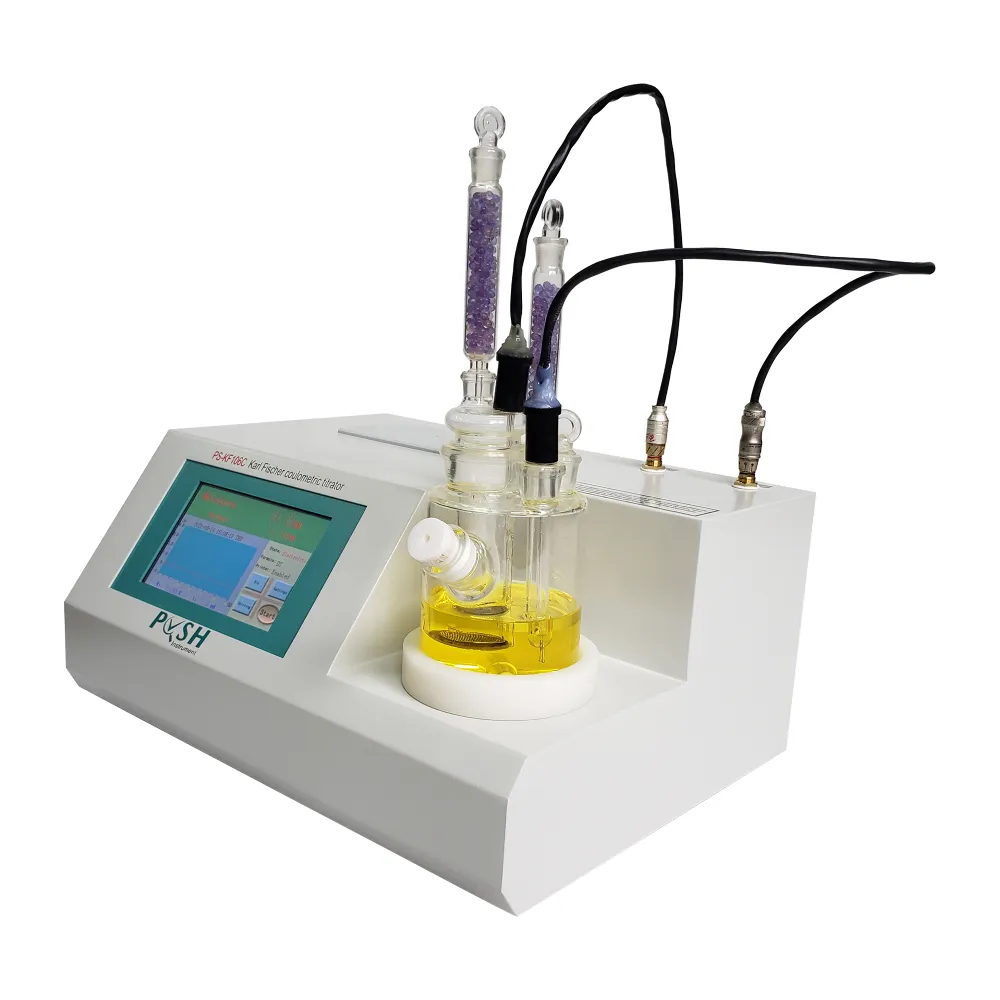 English
English


dielectric test of transformer oil
Dielectric Test of Transformer Oil Ensuring Electrical Integrity
Transformer oil plays a critical role in the operation and longevity of electrical transformers. This specialized oil serves as both an insulator and a coolant, helping to dissipate heat generated during operation while preventing electrical discharges. Given its essential functions, assessing the dielectric strength of transformer oil is vital for maintaining the reliability and safety of electrical systems.
The dielectric test of transformer oil is primarily conducted to evaluate its insulating properties under high voltage conditions. The existence of impurities or degradation over time can significantly affect the oil's dielectric strength. Therefore, regular testing is imperative to identify potential risks that could lead to transformer failure or even catastrophic accidents.
During the dielectric test, a sample of transformer oil is subjected to a gradually increasing voltage until breakdown occurs. This testing is usually performed in compliance with ASTM D1816 or IEC 60156 standards. The dielectric strength is measured in kilovolts per millimeter (kV/mm) and is a direct indicator of the oil's ability to insulate and protect against electrical discharges.
dielectric test of transformer oil

Several factors can affect the dielectric strength of transformer oil, including moisture content, the presence of particulate matter, and the oil's molecular structure. For example, moisture is one of the most detrimental impurities, as it significantly reduces dielectric strength and increases the risk of dielectric breakdown. Therefore, oil dehydration processes are often employed to remove moisture and improve the oil's performance.
In addition to moisture, the oil's condition can be influenced by oxidation products and sludge formation. Over time, exposure to high temperatures can lead to the breakdown of oil molecules, resulting in the formation of acidic compounds that can degrade dielectric properties. Regular analysis and filtration of transformer oil are necessary to mitigate these effects and maintain optimal performance.
In conclusion, the dielectric test of transformer oil is an essential procedure for assessing its insulating properties and ensuring the safe operation of transformers. Through regular testing and monitoring, utilities can identify potential issues before they escalate into serious problems, thereby enhancing the reliability and efficiency of the electrical infrastructure. As the demand for reliable energy solutions continues to grow, the importance of maintaining high-quality transformer oil through rigorous testing cannot be overstated.
-
Differences between open cup flash point tester and closed cup flash point testerNewsOct.31,2024
-
The Reliable Load Tap ChangerNewsOct.23,2024
-
The Essential Guide to Hipot TestersNewsOct.23,2024
-
The Digital Insulation TesterNewsOct.23,2024
-
The Best Earth Loop Impedance Tester for SaleNewsOct.23,2024
-
Tan Delta Tester--The Essential Tool for Electrical Insulation TestingNewsOct.23,2024





